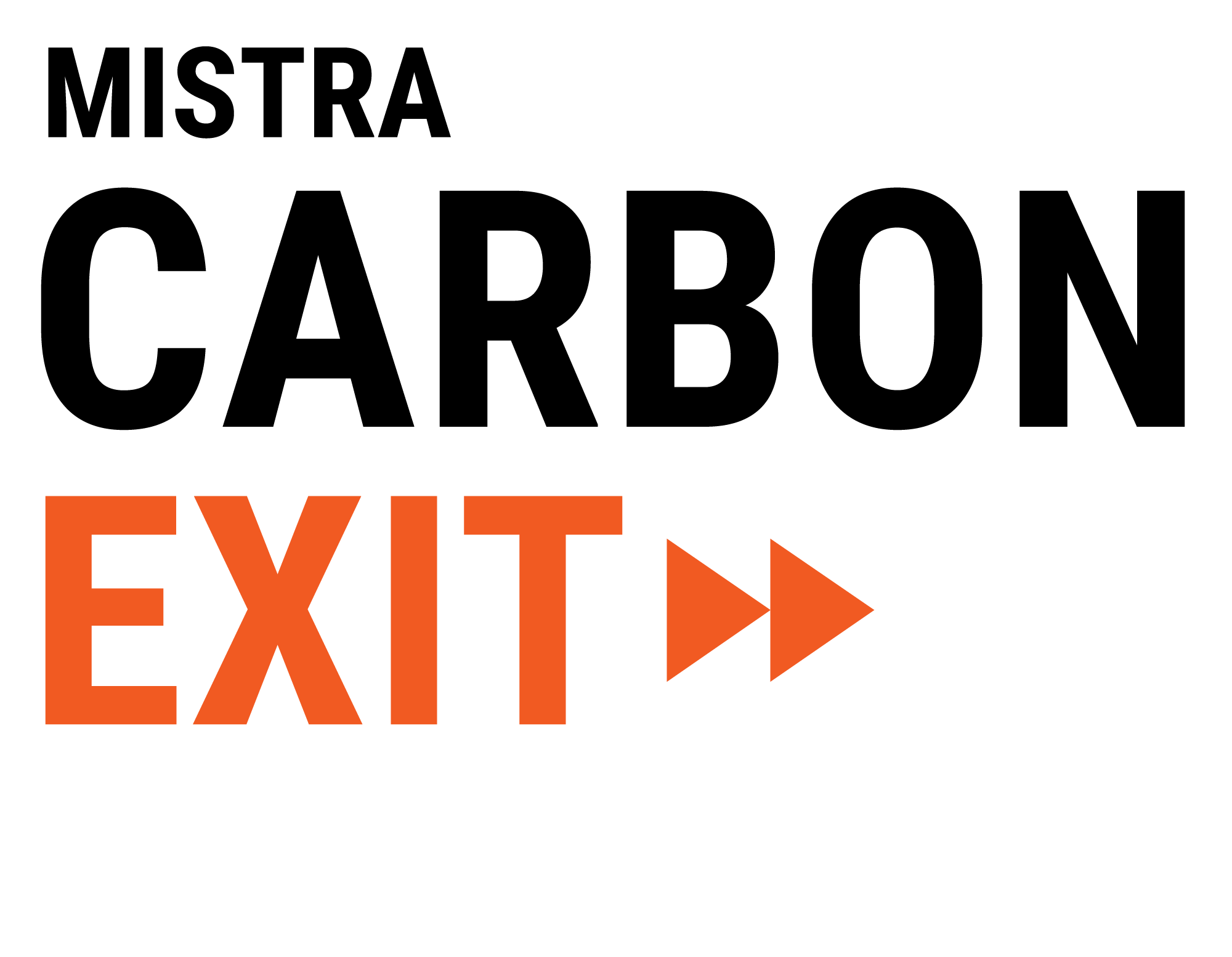Alla Toktarova defends her PhD thesis – Electrification of the basics materials industry
Alla Toktarova is the first PhD student in Mistra Carbon Exit, out of five in total, to defend her thesis and become a doctor. In her work she has been investigating the electrification of the basic materials industry using techno-economic optimization models.
“This is truly a milestone. Her work is an important contribution to the program and to increasing the knowledge about the green transformation in Sweden and Europe” says Lars Zetterberg, Program Director of Mistra Carbon Exit.
The European energy-intensive basic materials industry must achieve deep reductions in carbon dioxide emissions to meet the targets set out in the Paris Agreement. The rapid decline in the cost of renewable electricity makes expanded electrification an attractive option for eliminating the dependence of the industry on fossil fuels.
Alla Toktarova.
Alla Toktarova’s work applies techno-economic optimization modelling to investigate how electrification of the basic material intensive industry in EU can interact with the electricity system. In particular, the work examines the ability of basic material industry to take advantage of flexibility options in the production processes to avoid high-cost electricity and facilitate the integration of wind and solar power.
The results show that for electrified industry, low costs for hydrogen and electricity can be achieved by avoiding high electricity price hours through operational flexibility of the industrial capacity, in conjunction with the storage of hydrogen and commodities.
“Based on the modeling results, I found out that availability of low-cost electricity generation can be determining parameter for geographical location of new industries with high operational flexibility and high hydrogen intensity, such as ammonia industry. With present-day locations of the industry, a hydrogen pipelines network allows for moving the electrolyser capacity from industry-intensive regions to regions with access to low-cost electricity”, says Alla Toktarova.
Finally, it was found that the electrification of the energy-intensive basic materials industry in the EU increases the electricity demand by around 44 percent (by 1,200 TWh). The future EU electricity demand with the present-day locations of the industrial plants is primarily met by solar, wind and nuclear power.
For more information, please contact:
Alla Toktarova, alla.toktarova@chalmers.se, +46 (0)31-772 65 17
Filip Johnsson, filip.johnsson@chalmers.se +46 (0)31-772 14 49
Lars Zetterberg, lars.zetterberg@ivl.se. +46 (0)10-788 6557


